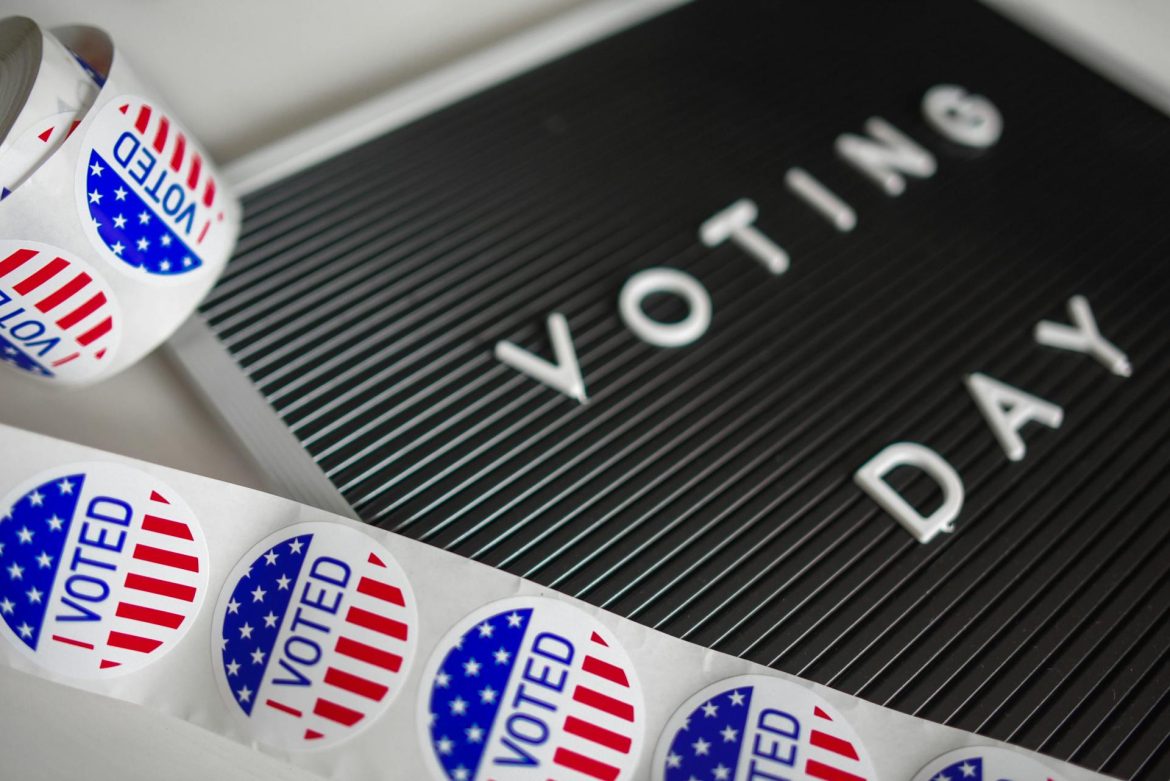In a significant development, a federal appeals court has delivered a ruling with potential implications for voting rights across the nation, stating that private parties cannot sue under the Civil Rights Act. This decision could set the stage for a major voting rights battle, possibly reaching the Supreme Court.
The ruling, issued on Monday, affirmed a 2022 decision by a federal judge in Arkansas, emphasizing that only the U.S. attorney general has the authority to file lawsuits under section two of the Voting Rights Act. This section is crucial for addressing racially discriminatory voting rules, and the majority of related lawsuits are typically initiated by private parties seeking to challenge such practices.
The decision highlights a key legal question: whether private individuals and organizations have the standing to bring legal challenges under the Civil Rights Act, particularly in cases related to voting rights. The implications of this ruling extend beyond the specific legal challenge and could shape the landscape of voting rights litigation in the future.
Given the increasing scrutiny and legal battles surrounding voting rights in various states, the question of who has the legal standing to challenge potentially discriminatory practices becomes paramount. Advocates for expansive voting rights argue that private parties should have the ability to challenge such rules, as they often play a crucial role in identifying and challenging instances of voter suppression.
While the ruling adds a layer of complexity to the ongoing conversation about voting rights, it also sets the stage for potential legal battles at higher levels of the judiciary. The decision may prompt further examination of voting rights laws and their enforcement mechanisms, with potential consequences for the protection of citizens’ access to the ballot box. As this legal saga unfolds, stakeholders on both sides of the voting rights debate will be closely watching for further developments.



